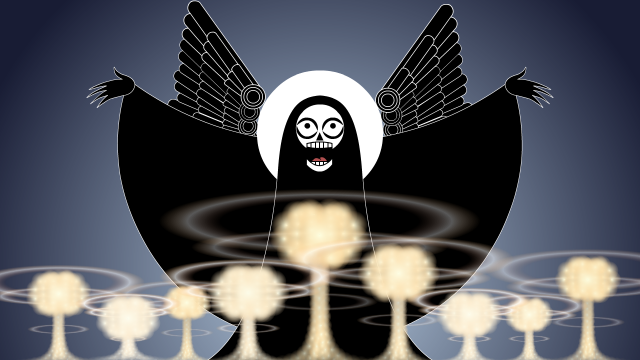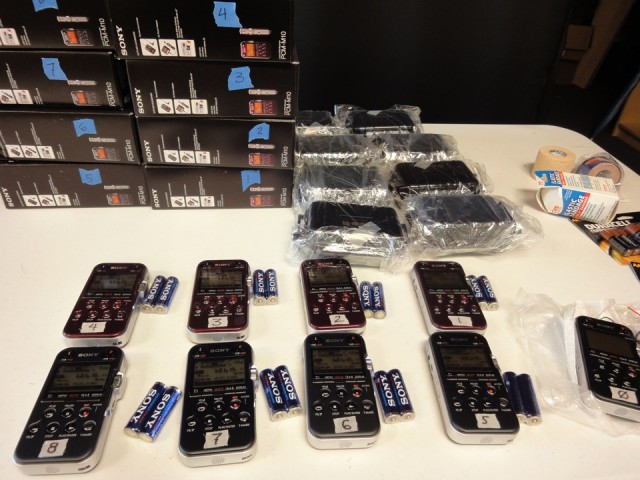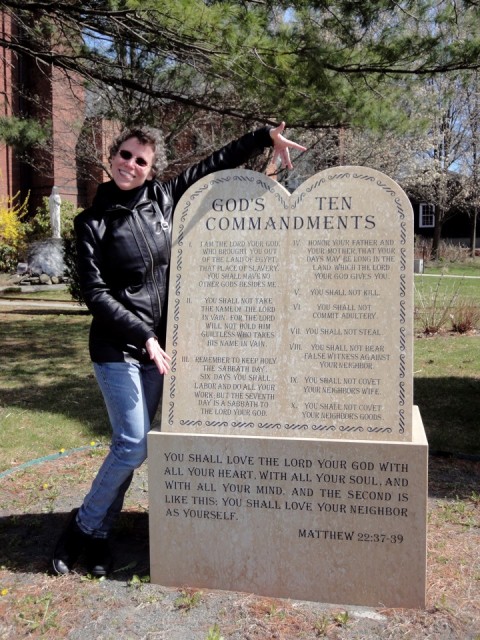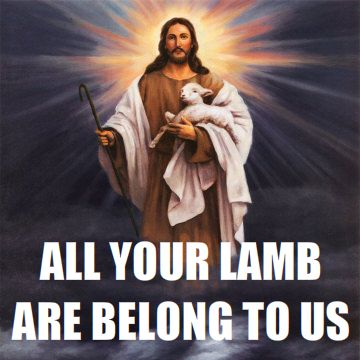 Judah Maccabee was the original “Hebrew Hammer.” Although the Maccabees figure into the story of Channukah, not Passover, they are included in the Brief History of Israel scene I’m working on.
Judah Maccabee was the original “Hebrew Hammer.” Although the Maccabees figure into the story of Channukah, not Passover, they are included in the Brief History of Israel scene I’m working on.
work-in-progress
Here’s our pal the Angel of Death, hero of the Old Testament, doing what He does best in a scene I’m working on.
It’s been slow going working on Seder-Masocochism. In fact I’ve hardly worked on it at all. Instead I’ve been shuttling between New York and Urbana, IL, attending Ebertfest, hanging out with my Momz, and dating this guy. This “human relationships” stuff takes time, time I could be sitting in a lonely garret with nothing to do but animate. But don’t worry, Urbana will eventually become as boring as I remember it growing up, and I’ll turn inward for solace once again.
Did I mention I plan to spend this Summer in Urbana? It’s just as hot and humid as New York, but the garbage cans are spaced more widely apart and there are fewer tourists. Plus I will have access to a swimming hole out in the prairie. After 8 consecutive Summers in densely-packed New York, that alone is reason for me to spend the hottest months away this year.
Seder-Masochist
Well that was exhausting. I recorded 3 Seders, 2 in Urbana IL and 1 in New York. One would have been enough, dayenu. I expect it’ll take months to go through all those hours of audio; that’s the masochism part. Here are the digital audio recorders the generous Kickstarter backers paid for:
Right before I flew to Urbana I was in Salem, MA, for a Sita screening and Q & A at the excellent Peabody Essex Museum. My friend Margo Burns met me there and snapped this photo in a nearby Salem churchyard:
Lamb
Kids Today
This afternoon I gave a Sita Sings the Blues talk to a roomful of 15-to-17-year-olds. Near the end I explained Free Culture and my stance against copyright, which led to some interesting discussion. Turns out most of them are manga fans, and familiar with publishers’ complaints about scanned and translated manga shared freely online. They all read them anyway (except one, who prefers to read entire manga in the bookstore). I asked them how they would choose to support artists they liked (once they had some disposable income) and they said:
- Donate buttons – with the qualification that they want to know as much as possible about where the donation is going. They said honesty and transparency are important.
- Kickstarter – They all knew about it (which was notable because none of them had heard of Flattr) and valued pitch videos that explained how the money would be used.
- Custom drawings
- Merch
- Physical copies
- Live Shared Experiences, including ballet, museum exhibits, and concerts. The event aspect was important; they wanted to be able to say, “Remember that one time when that awesome show was here…” They agreed seeing things in person is a more powerful experience than seeing things online, and worth spending more on. One said she would buy CD at a live show because “it reminds you of the show.”
- One said he would support artists by promoting their work to his friends.
Semi-related, I took an informal poll of how many would prefer to read a book on paper vs. an e-reader. The vast majority said paper, but what they really seemed to want was dual formats: paper copies to read comfortably and collect, and digital copies to search and reference. Makes sense to me. Only two of them had iPads, and none used them for “enhanced eBooks.”
My favorite quote of the afternoon:
“We don’t want everything for free. We just want everything.”
Time for a Cartoon!
This outstanding use of animation and design to illustrate otherwise difficult or dry concepts is by Dermot O’Connor.




